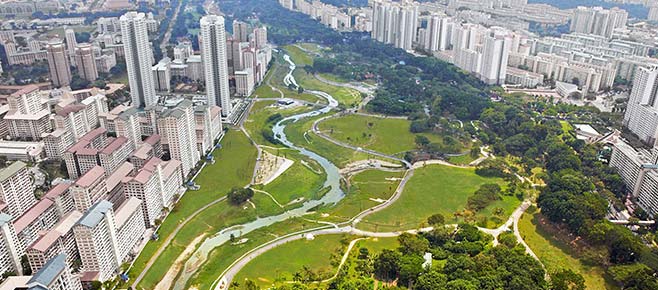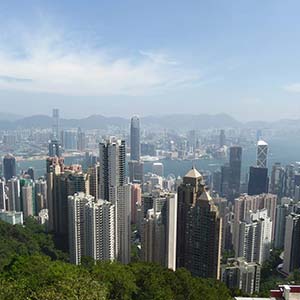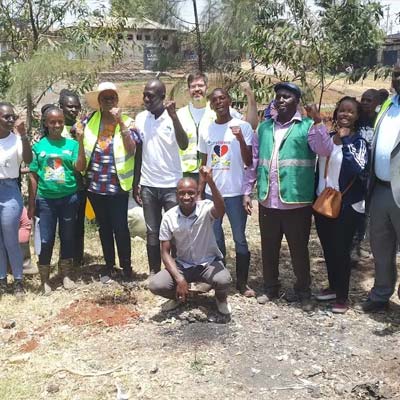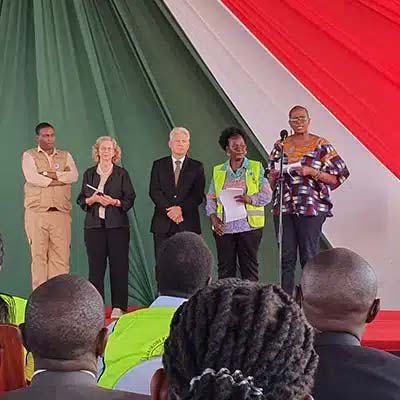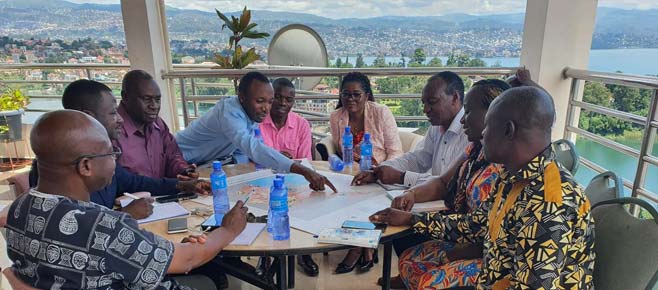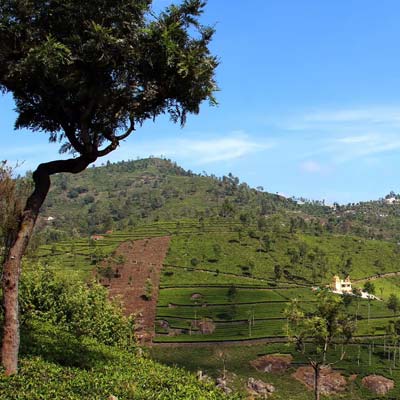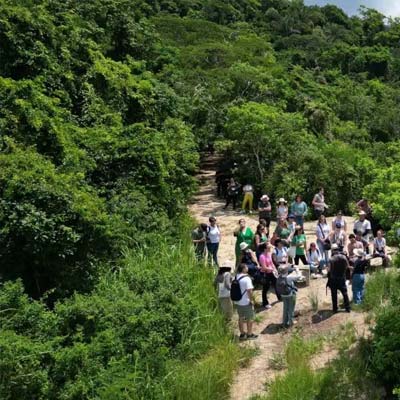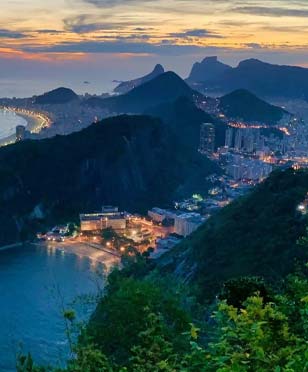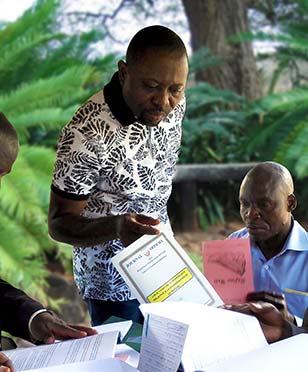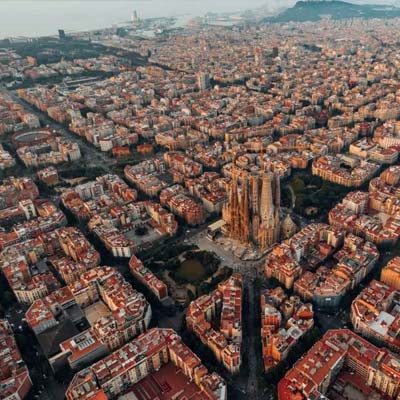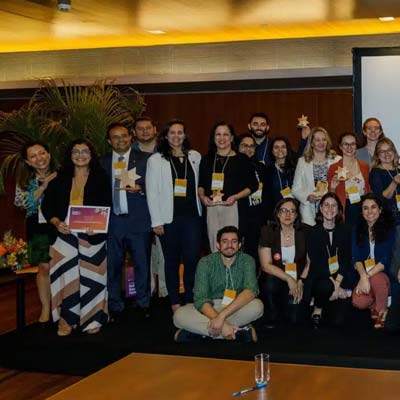Quito: Leading Global Climate and Forest Action
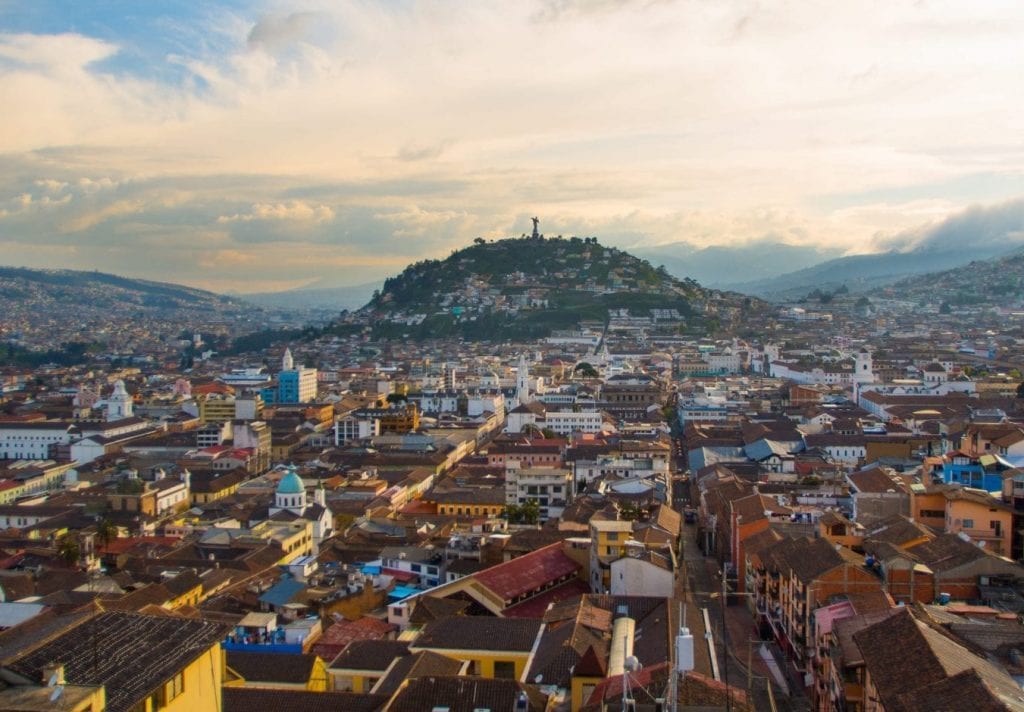
On 18 March 2019, at the headquarters of Quito’s Environment Secretariat, 25 representatives from Quito’s city hall, Ecuador’s national government, and several local NGO partners met to tackle what may be the defining global challenge of our age: urbanization-meets-deforestation-meets-climate change.
This inaugural Cities4Forests “workshop” aimed to generate new strategies to link urban action in Ecuador’s capital to the conservation and restoration of forests near and far. Quito, a city of 2.6 million inhabitants, is located right at the intersection of the equator and Americas’ continental divide, and is surrounded by a constellation of the most bio-diverse regions in the world including massive tracts of Amazon forest. From a global perspective, it is believed that cities like Quito represent a new front line on tropical forest conservation, and may be indicative of thousands of other tropical cities around the world in their ability to address deforestation as urban actors.
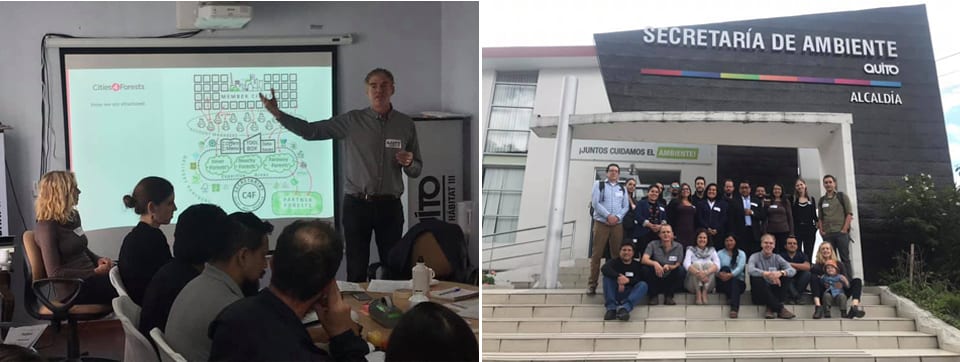
“Quito has been a world leader in conserving watershed forests near the city for two decades”, said Veronica Arias, Secretary of Environment and Water Funds founder. “It is time now to lead on the forests inside our city boundaries and to support the tropical forests throughout Ecuador that are threatened by deforestation.”
“We are finally changing our mindset from urban ‘trees’ to urban ‘forests‘“, said urban forester Jorge Polo, as he marked corridors of native species being reintroduced to Quito’s streetscapes on a large paper map. “We need more citizen engagement, more awareness of our native ecosystems. When we bring native trees into the hearts and minds of [city residents], they become aware of the forests farther away.”
“At the national level, we are looking for ways to connect urban markets to products that support forest-positive livelihoods and alternatives to deforestation-based economies,” asserted Jessica Coronel, from Ecuador’s Ministry of Environment “Urban centers are the largest domestic consumers of products like wood. Cities can help boost sustainable production systems in rural areas that support forests long term.”

“The city government needs to collaborate between departments to achieve challenging objectives on climate and watershed protection”, said Roberto Pozo, who has worked in the Quito municipal government for more than two decades.
“To meet its climate action plan, Quito must engage local forests to compensate for carbon emissions as we move to a carbon neutral future”, noted C40 representative Cristina Argudo.
“This is aligned with our REDD+ commitments“, said Gustavo Mosquera in reference to Ecuador’s deforestation reduction plans. “Cities must become more synchronized with the national objectives.”
Michael Moens of Jocotoco, an organization that protects more than 52,0000 acres of bio-diverse forests in Ecuador, suggested the need for multiple uses to make forests visible and meaningful to urban residents. Ecotourism, bird-watching and branded forest products like coffee, chocolate and wood can allow forests to become part of urban culture and identity, as well as an economic incentive to keep forests standing.

“Many people still think that cutting trees for wood is the main cause of deforestation when in fact conversion of forests to agriculture is the leading cause”, said Garrett Siegers of Whole Forest, a community-based enterprise that protects a vast area of forests using low-impact wood harvesting and local value added manufacturing.
Siegers described products that showcase the incredible diversity of tree species in the Choco forests of Esmeraldas, most of which have been converted to crops and cattle pasture. “Carefully-sourced wood products can support local people and the forests, and secure forest carbon indefinitely.” Whole Forests is currently negotiating a carbon credit offer with their wood products, in partnership with Ecuador’s REDD+ program.
“Latin American cities have a very unique role to play in the global climate and forest challenge”, concluded Veronica Arias. “We are thousands of cities, surrounded by the world’s largest forests. But we need to work together, and quickly.”
